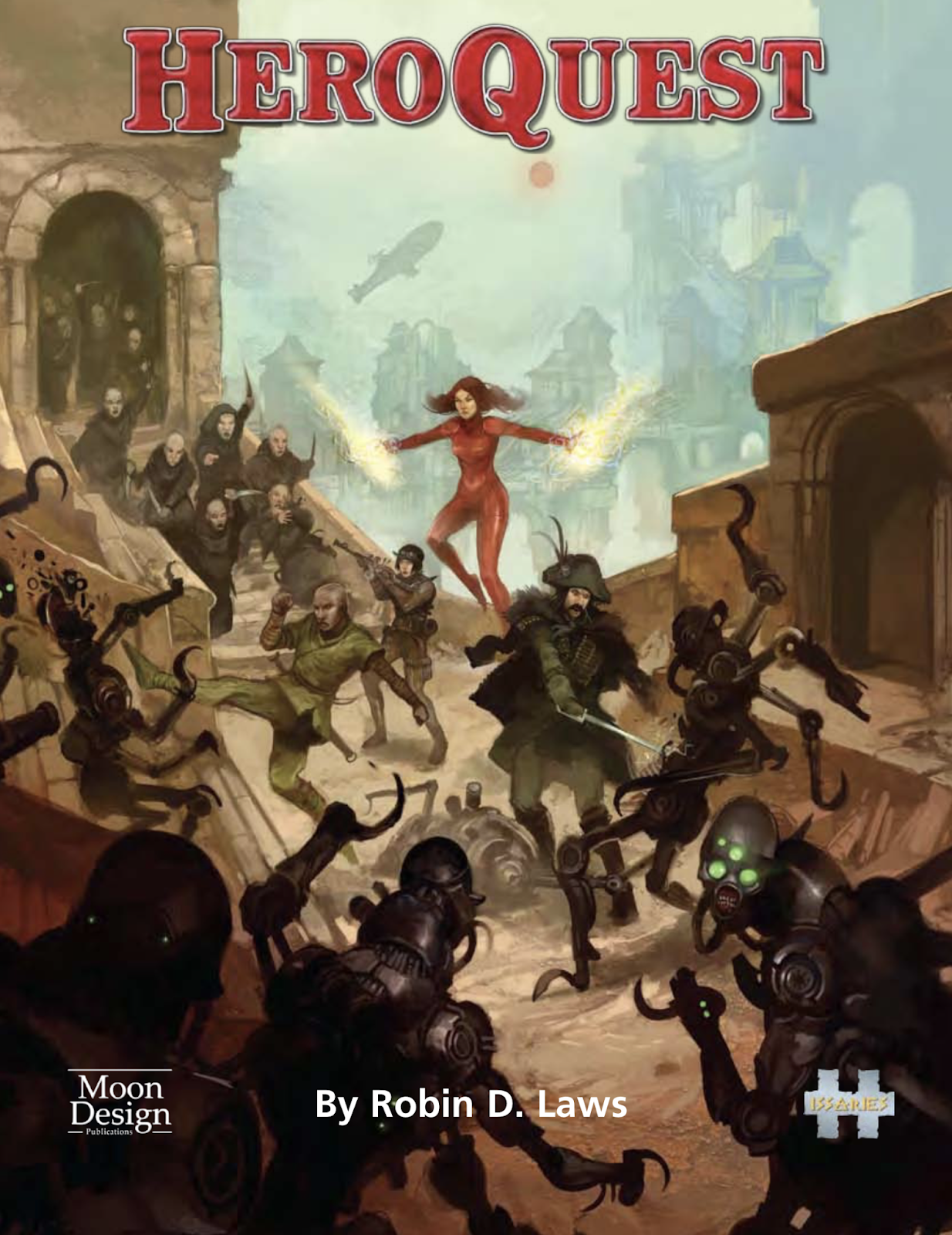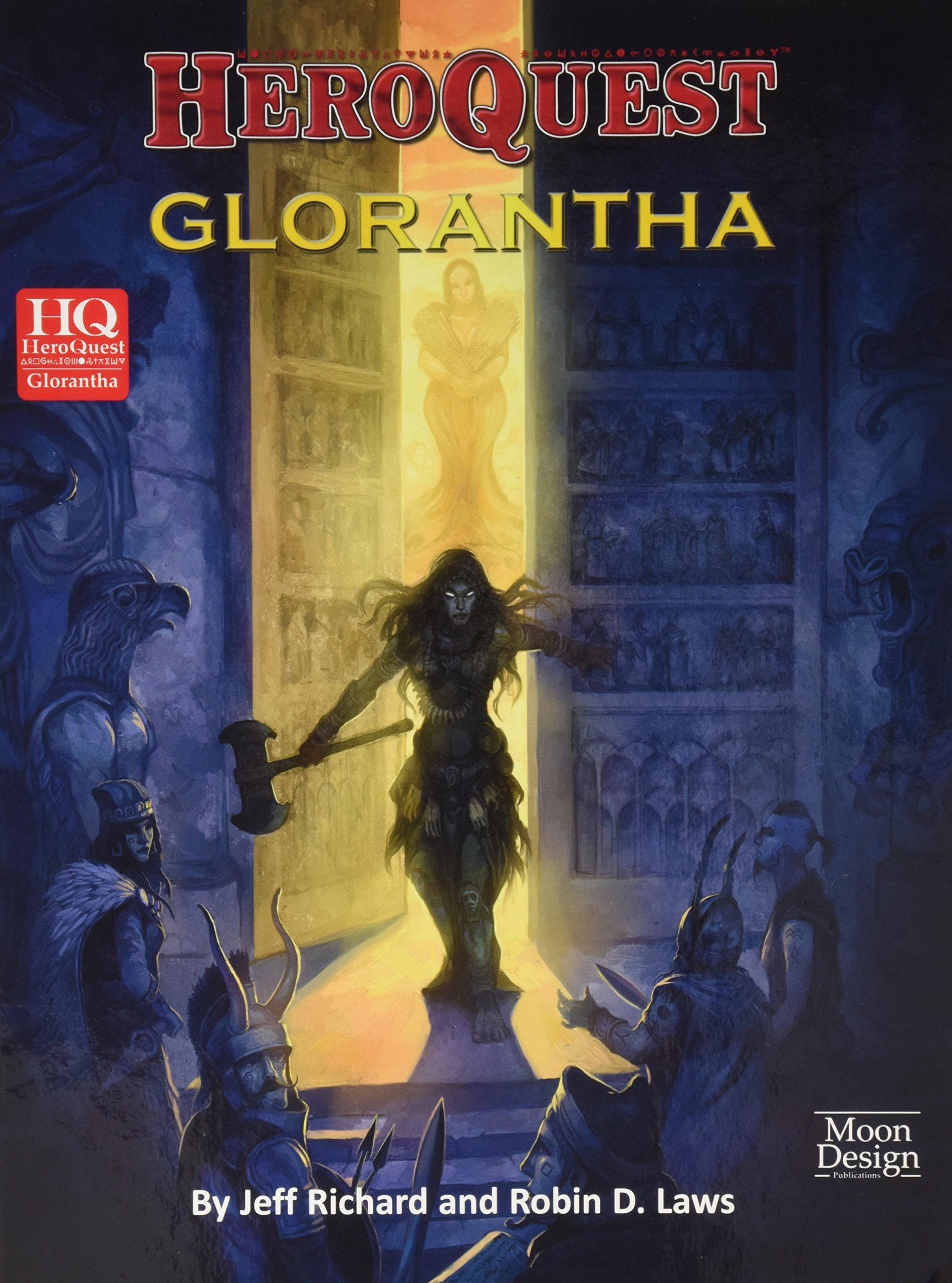Crimson Longinus
Legend
Eh, or maybe that was the Glorantha HQ I didn't like? There are several of these? Are they just different edition of the same basic rules chassis, or are they drastically different?Or maybe this HeroQuest? There's been a lot of them actually.The original Hero Wars for Glorantha was interesting. The things I liked about it was creating a character based on a 100-word description, the idea that a contest such as an unimportant fight with some wandering orcs could be resolved with a single die roll, and bidding Action Points (AP) during an extended contest. It didn't take complete hold, but there were some interesting ideas in there.

I remember the dice mechanic and how they were roll under but there were masteries etc to be very unintuitive and needlessly convoluted.

